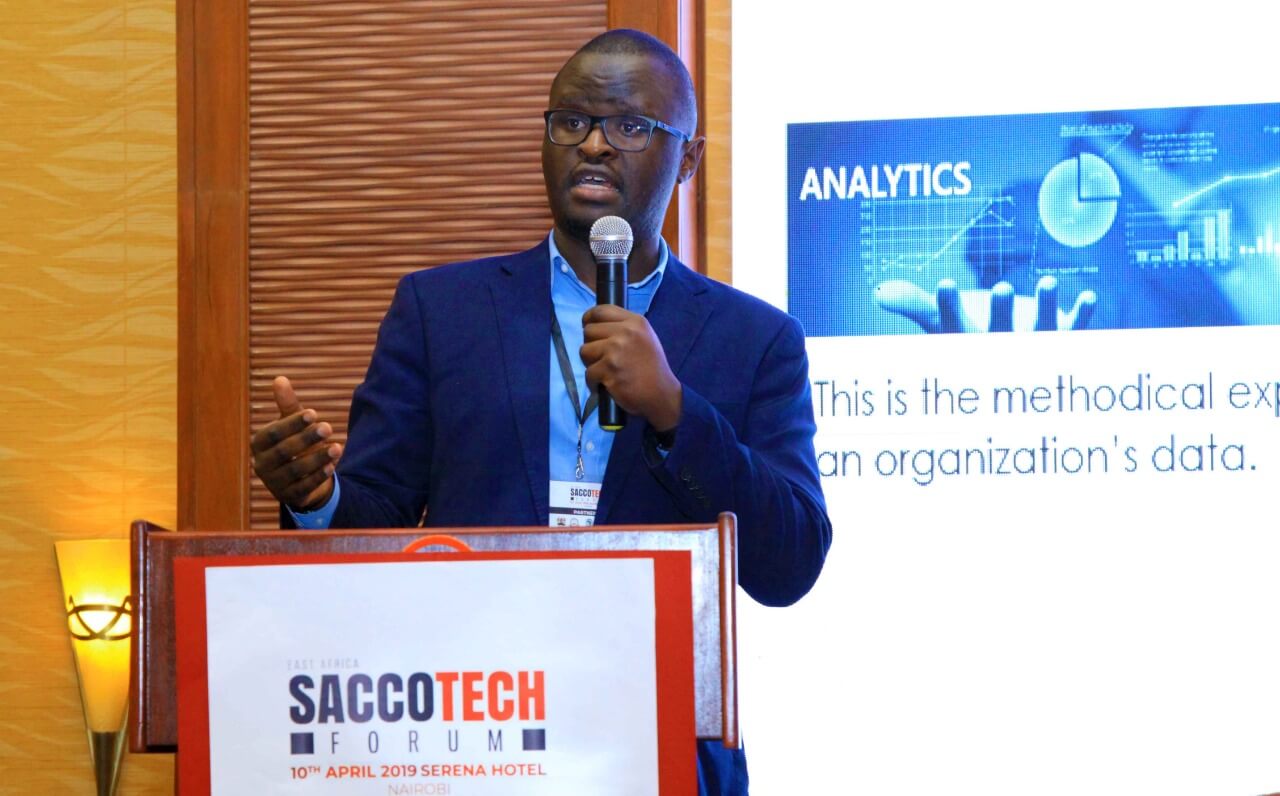advertisement
How Fast Can Automation Grow SACCOs?
It is no doubt that Savings and Credit Cooperatives (SACCOs), play a critical in providing access to financial services to…

It is no doubt that Savings and Credit Cooperatives (SACCOs), play a critical in providing access to financial services to low-income households in Kenya.
A report to the Financial Sector Deepening (FSD) Kenya by Accenture Development Partnerships, alludes that SACCOs are one of the leading sources of rural finance and in many rural areas – local SACCOs are the only provider of financial services. They are established by members driven by a need to optimize their economic, social, and cultural needs and in so doing, strengthen the communities in which they operate.
Seen therefore as a potential competitor in the finance industry, SACCOs have however not embraced technological innovations to better their offerings and keep up with the growing demands of the prospective customer – millennials and Generation Z, most of who are just getting into the consumer market.
advertisement
A SACCOtech virtual forum hosted by CIO East Africa, slated on the 9th of July 2020 is set to explore automation as the salvage for a rather sinking yet very vital pillar of the country’s economy.
Speaking at the forum will be representatives from Sacco Societies Regulatory Authority (SASRA), African Confederation of Co-operative Savings and Credit Associations (ACCOSCA), The Kenya Union of Savings & Credit Co-operatives (KUSCCO) and IT solutions providers like Intrasoft, Entrust Datacard and Westcon Comstor among others.
Register here and listen to the brilliant minds in the Sacco industry.
advertisement
Studies have singled out automation as a solution to major challenges that have been affecting the sector inclusive of fraud and losses accrued due to it.
At a past SACCOtech forum -the premier- hosted by CIO East Africa, SACCOs were branded ‘the business of making losses’, owing to the huge financial losses the sector had incurred from fraud in a particular financial year.
An attempt to automate whatever has failed manually is likely to increase efficiency in curbing fraud and solving the pressing challenges of governance and management which have hitherto threatened to run down operations in the industry.
advertisement
But while automation is a step forward, it might not be the ultimate solution to the SACCOs troubles as reports The New Times, Rwanda.
The report analyzes that from observation and interactions with Saccos and their clients, there are capacity gaps that require intervention from various stakeholders including local governments and the Central Banks across the individual countries of the continent.
Register here for our premier virtual forum and learn how Saccos can automate their way into success.
While studies have taken place to identify potential information technology (IT) solutions that could meet the needs of SACCOs, there has not yet been a thorough analysis of the strengths and weaknesses of these solutions, nor an opportunity to test the solutions in a live setting or to assess potential implementation challenges.
“Cooperatives are lagging in innovation and creativity which is critical to lead to the transformation of society,” reads the report in part.
At the five-hour virtual forum, heated discussions about Why Saccos must prioritise digital transformation and innovative leadership in the era of automation will take centre stage. Also up for discussion include how to meet the needs of the Next Generation of SACCOs, thriving in the next digital normal with cloud, among many more.
Technology being an enabler of compliance will allow for more robust management information systems to enable SACCOs to manage their operations more efficiently, managing growth, and generating reliable reports for both management and its regulatory aspect.
By focusing on the impact of technology and particularly automation, the solutions providers present at the forum will advise on the current list of viable solutions, analysing their strengths and weaknesses in details as well as assessing potential challenges to their implementation.
Register here for our free webinar.